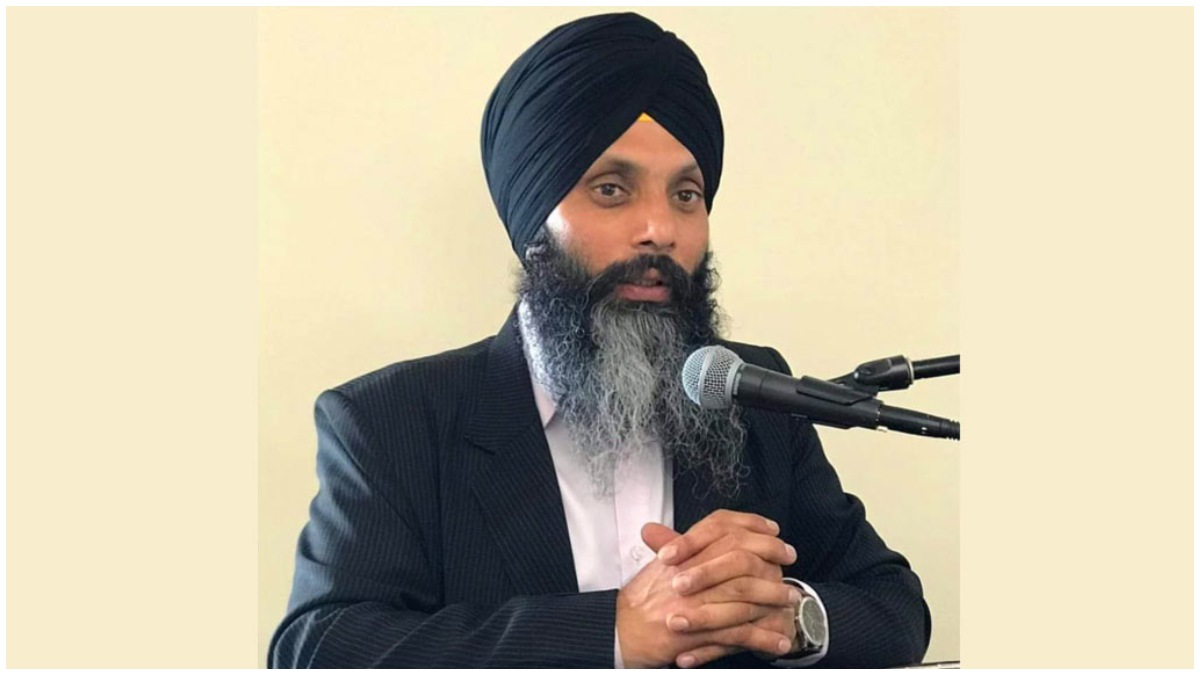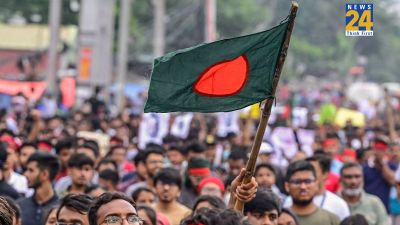Four Indian nationals arrested in connection with the murder of Khalistan supporter Hardeep Singh Nijjar appeared in a British Columbia court on Wednesday. The case has been adjourned until October 1. The accused appeared virtually and include 22-year-olds Karan Barar and Kamalpreet Singh, along with 28-year-old Karanpreet Singh. Amanpreet Singh also appeared from Ontario.
According to Report, Crown prosecutor Lewis Kenworthy informed Judge Mark Jette that the defense process might take additional time.
Amanpreet Singh made his first court appearance on May 15, while the other three appeared before the judge on May 7. They all appeared together for the first time on May 21. They face charges of first-degree murder and conspiracy to commit murder.
Nijjar Case Sparks India-Canada Tensions
When Amanpreet Singh’s name came up in the Nijjar case, he was already in the custody of Peel Regional Police (PRP), having been arrested in November 2023 on nine charges. The other three were arrested on May 3 from Edmonton and surrounding areas and were brought to BC for trial.
Also Read: Japan Shaken By 7.1 Magnitude Earthquake, Tsunami Warning Issued
Canadian investigators have not officially announced any connection between the murder and the Indian government. However, on May 3, Assistant Commissioner David Tabula from the federal police program in the Pacific region stated that “various aspects, including potential connections to the Indian government, are under investigation.”
Following Nijjar’s murder in Surrey on June 18, tensions between India and Canada increased. Three months later, Canadian Prime Minister Justin Trudeau made a statement in the House of Commons, suggesting credible allegations of possible links between Indian agents and the murder. India responded, calling these allegations baseless and motivated.
Hardeep Singh Nijjar: Controversial Khalistan Figure
Hardeep Singh Nijjar (October 11, 1977–June 18, 2023) was a Canadian Sikh who was at the forefront of the Khalistan movement, an independent Sikh state. Born in India, Nijjar moved to Canada in the mid-1990s. While the Sikh organisations viewed him as a human rights activist, the Government of India dubbed him as a criminal and a terrorist who had links with Khalistani Tiger Force and was wanted for arrest. He and his followers have denied these charges, claiming that he supported Khalistan only through peaceful means.
In 2016, Nijjar was put on Canada’s No Fly List and banks ordered to freeze his accounts for alleged involvement in “terror training camps.” His profile increased in 2019 when he was elected head of Guru Nanak Sikh Gurudwara in Surrey, British Columbia, and began to step up activism in support of Sikh separatism. Nijjar was associated with Sikhs for Justice and led SFJ’s Khalistan Referendum 2020 campaign.
Also Read: Bangladesh Crisis: Indian Visa Centres Closed Indefinitely Due To ‘Unstable Situation’













